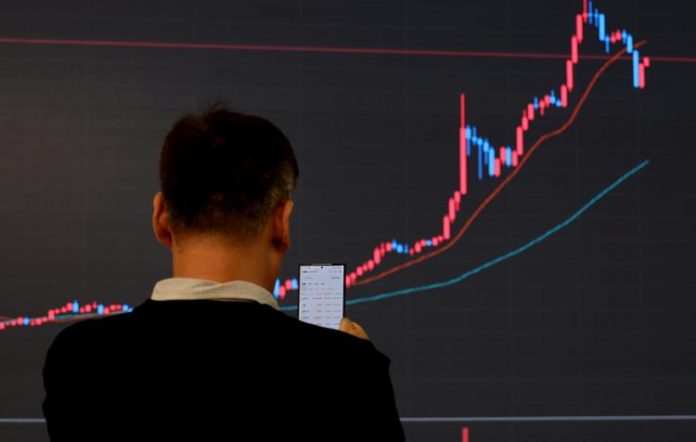
Despite launching aggressive no-fee marketing campaigns, Korea’s crypto exchanges Bithumb, Korbit and GOPAX have failed to see significant results.
Bithumb, which was first to implement such measures, managed to increase its market share for a week but soon reverted to its pre-policy level. Korbit and GOPAX, which followed suit shortly after, have not been able to achieve meaningful results.
Despite these strategic moves by competitors, Upbit has maintained its top position, still holding an 80 percent market share. The disparity in transaction fee revenues between Upbit and the other three exchanges has widened by over a thousandfold as a result.
Korbit began waiving all transaction fees on Oct. 20 and GOPAX followed suit on Oct. 24. Korbit’s market share experienced a modest rise, moving from 0.05 percent in Oct. 19 to 0.19 percent on Friday. Yet, it failed to surpass the 1 percent share. The effects of GOPAX’s decision are still unfolding, but market observers anticipate that the smallest exchange by volume might also find it challenging to achieve growth.
This competitive maneuver began when the second-largest crypto exchange, Bithumb, momentarily expanded its market share following its bold initiative. Its market share surged to 30 percent earlier this month, immediately after the announcement. Nevertheless, it now lingers around 18 percent.
The limited impact from these exchanges’ marketing campaigns stems from their struggle to appeal to individual investors. Even though they emphasized a no-fee advantage, Upbit was already offering a competitively low fee of 0.05 percent. The campaign therefore didn’t provide a compelling incentive, especially given the potential inconvenience customers would encounter when transferring their virtual assets to different exchanges and adjusting to a new system.
Furthermore, the lagging trading volume of these exchanges was a deterrent for potential users. Higher volumes on trading platforms are advantageous, leading to faster order matching.
“This indicates that Korean investors’ choice of exchange is not based solely on the presence or absence of fees. Furthermore, there are concerns about the sustainability of this policy, as it eliminates a major source of revenue for the exchange,” DeSpread Research, a web3 consulting firm, said in its recent research.
Lee Yeon-woo
Despite launch
(2023.10.30) “Korean crypto exchanges struggle despite aggressive no-fee marketing”
retrieved from https://www.koreatimes.co.kr/www/nation/2023/10/602_362081.html










